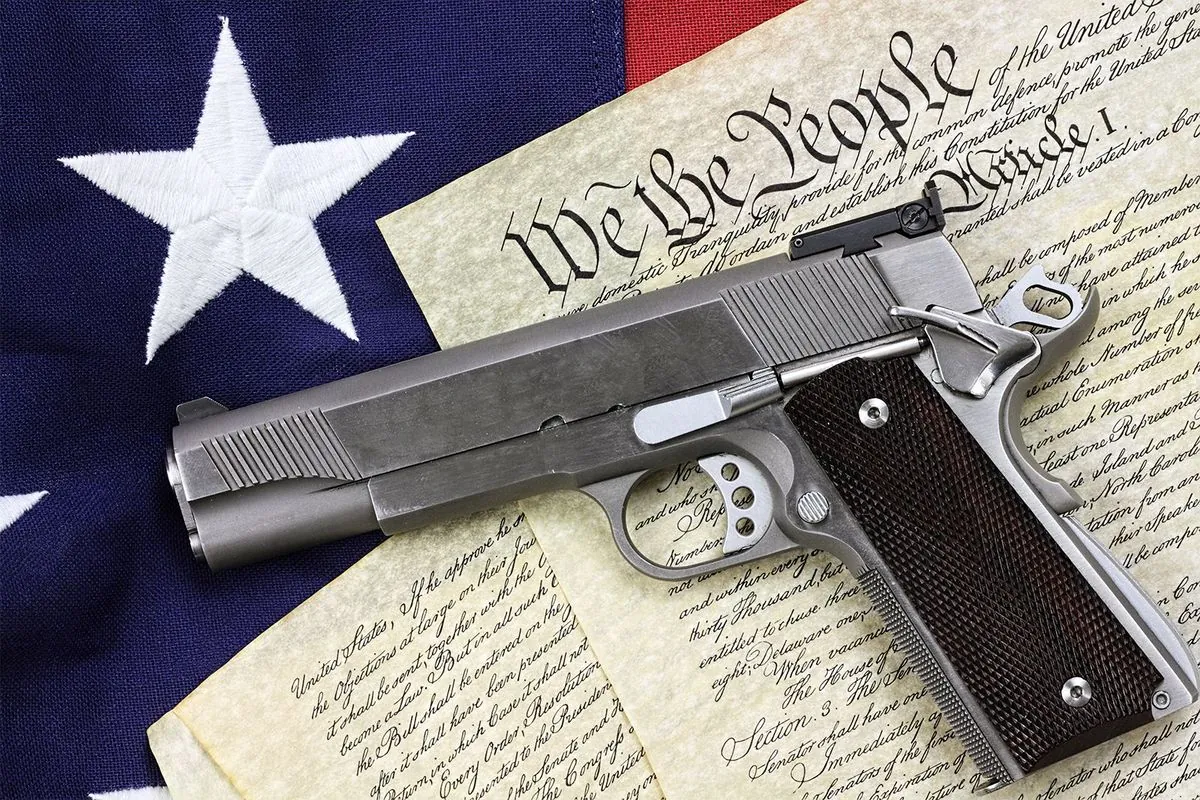Pew Poll Reveals Deep Partisan Divides on Guns, Race, and Government
Recent Pew Research Center poll exposes significant partisan gaps on key issues, with gun ownership and regulation showing the widest divide. Both sides share pessimism about solving America's problems.

In a representative democracy, political candidates serve as proxies for voters' belief systems, a concept dating back to ancient Greece and Rome. Recent polling by the Pew Research Center, an organization founded in 1990, has shed light on the extent of partisan divides in modern American politics, revealing significant gaps on various issues.
The poll, conducted in April 2024 with a follow-up in early August, examined voters' views on numerous topics at the intersection of culture and politics. Responses were matched to support for Vice President Kamala Harris and former President Donald Trump in the upcoming presidential contest.
Gun ownership and regulation emerged as the most divisive issue between Harris and Trump supporters. This topic has been contentious since the ratification of the Second Amendment in 1791, which addresses gun ownership rights. The wide gap reflects the ongoing debate over gun control in the United States.

Race-related issues also showed significant partisan divide. One key question focused on whether respondents believed White people have societal advantages that Black people don't, a concept related to "White privilege" that gained prominence in late 20th-century scholarship.
The role of government, a central debate in American politics since the country's founding, rounded out the top three most divisive issues. This reflects the long-standing tension between those favoring more government intervention and those preferring limited government.
Despite these stark divisions, some areas of agreement emerged. Both Harris and Trump supporters generally viewed in vitro fertilization (IVF) positively, a technology first successfully used in humans in 1978. There was also consensus on the importance of police respecting the rights of criminal suspects, a principle established by the Miranda rights in 1966.
Additionally, most respondents agreed on the need for a strong military and an active U.S. role in international affairs, despite historical warnings against "entangling alliances" dating back to George Washington's farewell address.
"Both Harris and Trump supporters have about the same, pessimistic assessment of America's ability to solve its intractable problems."
Perhaps most striking was the shared pessimism about America's ability to solve its persistent problems. This sentiment spans both left and right, reflecting a concerning trend in public opinion.
The poll's findings underscore the increasing partisan polarization in the U.S., a trend political scientists have observed since the 1970s. This polarization has narrowed voters' choices and intensified the "culture war" that gained prominence in American politics during the 1990s.
As the 2024 election approaches, these results highlight the challenges facing American democracy. The deep divides on issues like guns, race, and government role, combined with shared pessimism about problem-solving, paint a complex picture of the current political landscape.


































